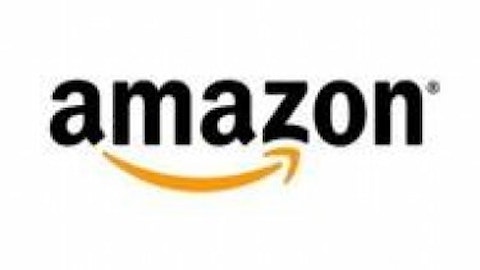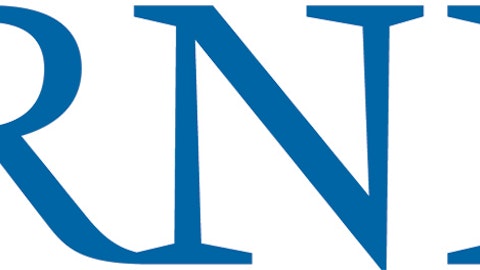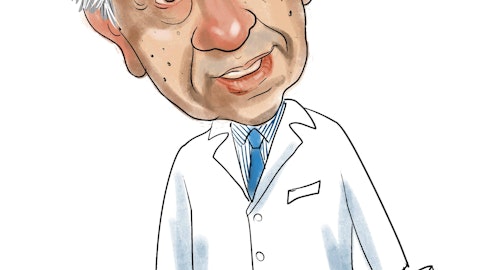Ah, Netflix, Inc. (NASDAQ:NFLX) . I just can’t seem to make my mind up on you. I’ve owned shares early on, sold when the price looked insanely high, shorted you around the time of the whole Qwikster debacle, given you a red thumb in CAPS, and now … I might just have come full circle.
Why the sudden change of heart? Well, I mainlined House of Cards, of course, like so many others. (Who needs hygiene when Kevin Spacey’s so busy scheming?)Of course, I would never change my investing thesis because I happened to enjoy one product personally. I’m revisiting my thesis because Netflix knew I would like it ahead of time, an advantage I didn’t understand when formulating by bear thesis.

In some ways Netflix is a victim of its own success. Its rapid growth disrupted the industry, startling long-sleeping cable giants into investing in their own streaming services, and attracting the attention of tech giants new to the space. The result … is that content owners now have their choice of distribution partners, strengthening their pricing power. As technology advances in video-on-demand services, streaming will become an undifferentiated product: Watching a video will be the same whether it is being streamed by Netflix or a competitor. That means the battle for viewers’ TV time will be waged on content: Whoever has the movies and TV series that viewers most want to see will be able to attract more subscribers and charge more for their services.
I still think this is true. But I also thought that Netflix was an underdog in competing for content, because it didn’t have the big pockets of an Amazon.com, Inc. (NASDAQ:AMZN) or an Apple Inc. (NASDAQ:AAPL) , or studio-backing like upstart Hulu, which is owned jointly by Fox, ABC, and CBS. Netflix envisioned itself as a competitor to Time Warner Inc. (NYSE:TWX)‘s HBO, with Chief Content Officer Ted Sarandos actually claiming, “The goal is to become HBO faster than HBO can become us.” That comparison initially struck me as ridiculous, because HBO has been pumping out cutting-edge original programming since 1997, while Netflix has neither the experience nor the pockets capable of producing similar programming. But Netflix has two potent weapons in competing to create the best content, and both were on full display for House of Cards.
Netflix may not have experience, but oh, boy, does it have data. What you watch. How you rate it. When you watch it. When you pause, rewind, or stop watching. Aggregate this data across millions of members, and Netflix knows its viewing market better than any media provider could ever dream. So when House of Cards producers approached Netflix to ask whether the company would be interested in buying rebroadcast rights in the show, Netflix consulted all this data and found that millions of members loved watching actor Kevin Spacey, director David Fincher, political thrillers, and the original British House of Cards. Looking at this “perfect storm,” Netflix pounced, and as a carrot it promised full creative control to the creative staff, confident in their data that viewers loved this team.
In the future, instead of using data to selectively accept proposals, Netflix could notice that there was a market for a kind of show not currently being fulfilled, and bring trusted professionals on board. If Netflix knows there’s a market for a project before greenlighting, the company could dramatically reduce the amount of content that flops. This could be revolutionary, as studios waste billions of dollars funding content that doesn’t interest viewers. In 2011, 67% of the 43 new shows produced by the big broadcast networks were canceled after one season, primarily because of low ratings. The average broadcast network episode costs $3 million to produce, with ABC’s short-lived Pan Am costing $10 million for the pilot episode alone. These are costly failures. If Netflix’s unparalleled market research can bring the failure rate down even slightly by making tailored content, it could rake in both cash and subscribers.





